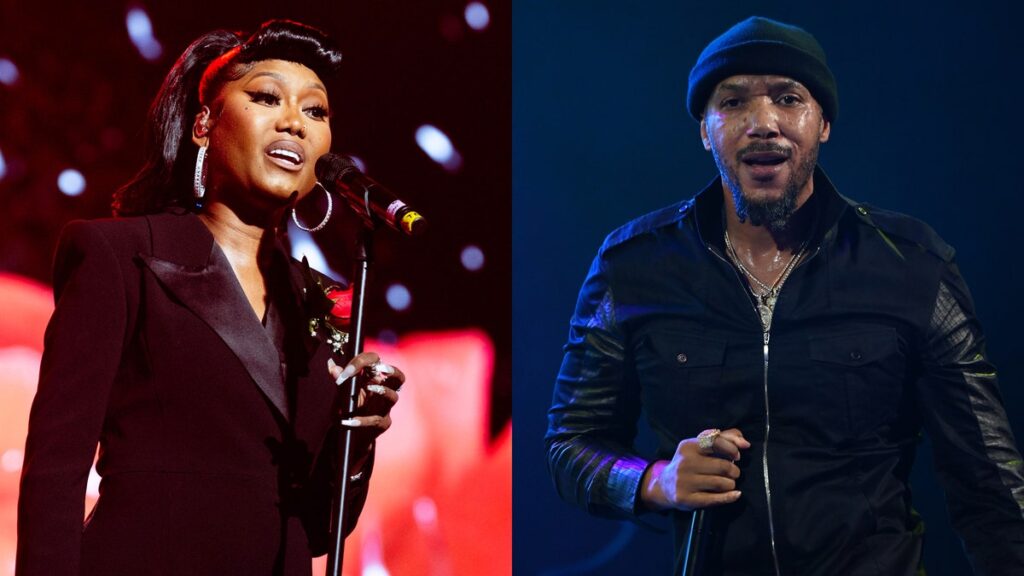Image
Image Credit
Paras Griffin/Contributor via Getty Images and Erika Goldring/Contributor via Getty Images
Image Alt
Muni Long and Lyfe Jennings
Image Size
landscape-medium
Key Takeaways:
- Muni Long criticized Lyfe Jennings’ 2004 hit “Must Be Nice” in a social media post.
- Jennings offered a thoughtful response that emphasized emotional maturity.
- Long later clarified she was joking and never listened to the full song growing up.
Over the weekend, Muni Long stirred up some online conversation after taking aim at one of Lyfe Jennings’ most celebrated tracks. The singer-songwriter, best known for her breakout single, “Hrs & Hrs,” shared an unfiltered opinion about Jennings’ “Must Be Nice,” seemingly calling it problematic.

In an Instagram Threads post, Long wrote, “Maturing is realizing Lyfe Jennings was really a hatin’ a** [n**ga]… ‘Must Be Nice’ is crazy.” Her sharp take on the 2004 R&B staple immediately caught fans off guard in the comments since there wasn’t a clear reason behind the sudden dismissal of the song.
Jennings, who wrote and produced the classic cut for his debut album, Lyfe 268-192, decided to respond to Long’s comment by offering some perspective. In a message screenshotted by The Shade Room, he wrote, “Maturing is realizing that looking [through] a filter of trauma will have you seeing grey skies where there are only blue,” he replied. “I’m still a fan, Miss Long. Be blessed.”
“Must Be Nice,” which became a defining moment in Jennings’ career, emphasized his appreciation for unconditional love. On the chorus, he sings, “‘Cause even when your hustlin’ days are gone / She’ll be by your side still holdin’ on / And even when those 20s stop spinnin’ / And all those gold-diggin’ women disappear / She’ll still be here.” The emotionally charged cut peaked at No. 5 on the Billboard Hot R&B/Hip Hop Songs chart.
As the conversation picked up steam across social media, Long clarified that her comment was not meant to be taken so seriously. “Ya’ll got Lyfe mad at me, [for real]. Man, I was just playing,” she wrote before admitting that she “actually never listened to the whole song” while growing up, which shaped her initial impression. “As a kid, I didn’t like it,” she expressed.



